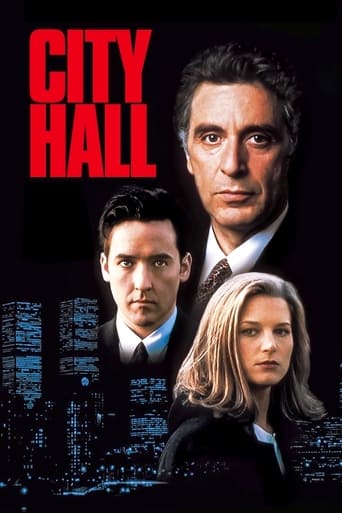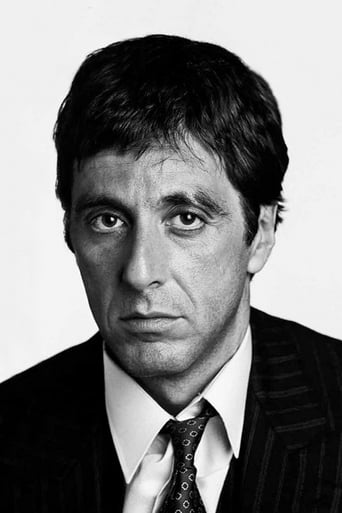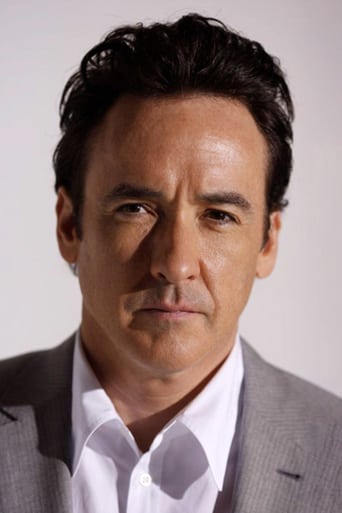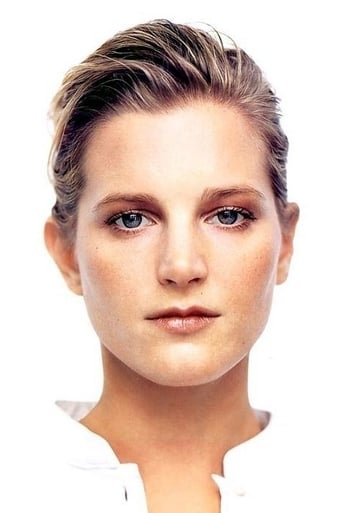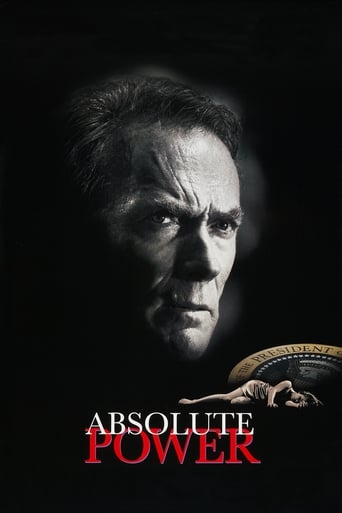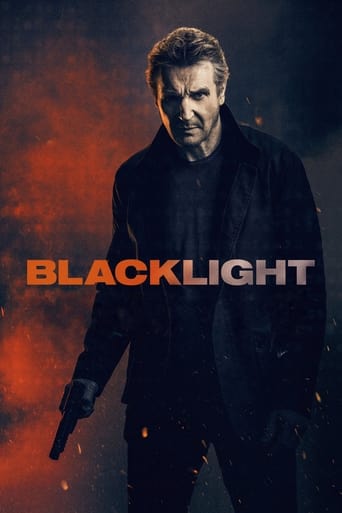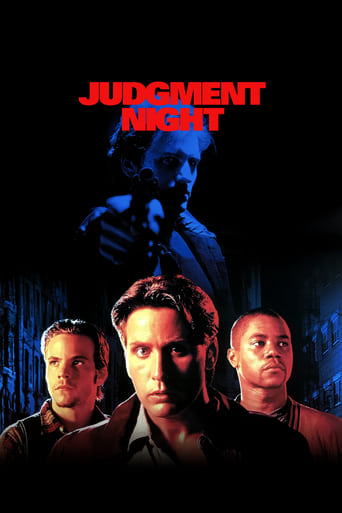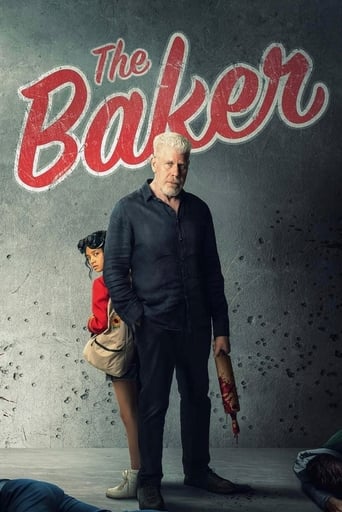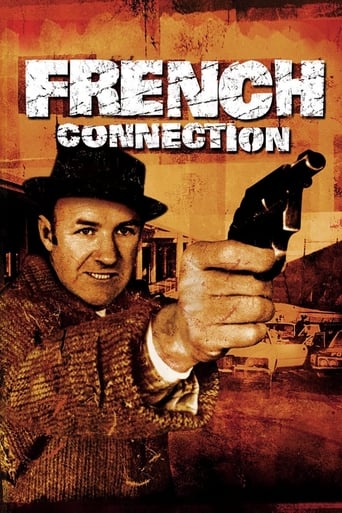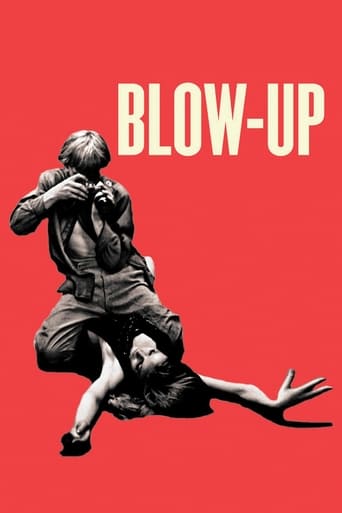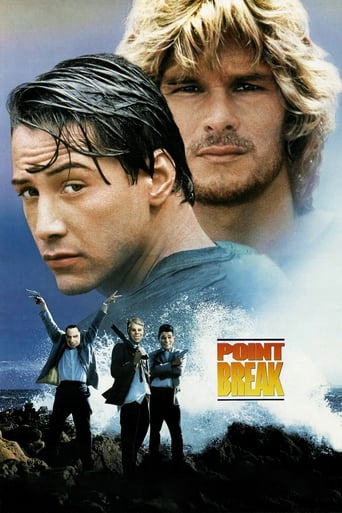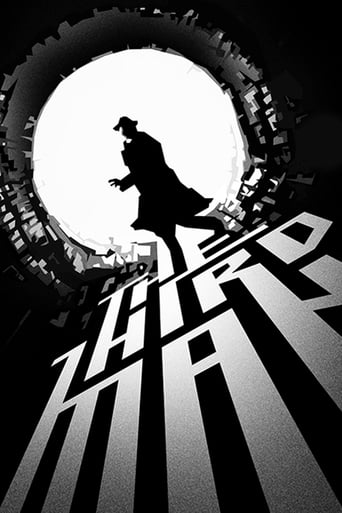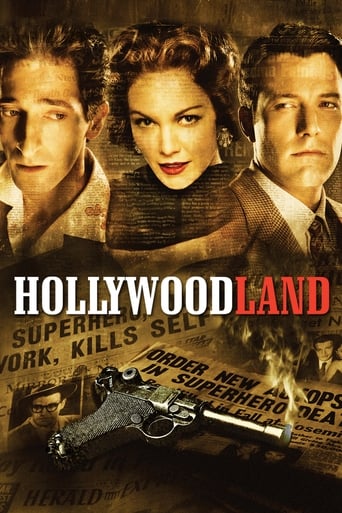City Hall (1996)
The accidental shooting of a boy in New York leads to an investigation by the Deputy Mayor, and unexpectedly far-reaching consequences.
Watch Trailer
Cast


Similar titles
Reviews
It's funny watching the elements come together in this complicated scam. On one hand, the set-up isn't quite as complex as it seems, but there's an easy sense of fun in every exchange.
It's easily one of the freshest, sharpest and most enjoyable films of this year.
It is an exhilarating, distressing, funny and profound film, with one of the more memorable film scores in years,
It is neither dumb nor smart enough to be fun, and spends way too much time with its boring human characters.
One of my most treasured films of all time, "City Hall" enters the hall as one of the most under-appreciated and overlooked films of all time yet it is one that deserves and needs a wider audience. Here's a film that balances with near perfection a combination between reality and fiction. The dark side of the story feels truly real while the most fictional and warm aspects felt like a reality to be achieved, things that simply don't happen in politics - at least, as long as I've known and seen. "City Hall" tells the story of a respected New York City mayor (Al Pacino) who along with his deputy mayor, a young idealist Southern man (John Cusack) try to discover the truth behind the shooting of a 6-year old kid accidentally hit during a crossfire between a detective and the nephew of a power mobster, the latter brilliantly played by Anthony Franciosa. In the scandal there's the involvement of public officials, probation officers, one powerful judge (Martin Landau), a high and mighty housing commissioner (Danny Aiello), the mob and even liaisons that trace back to the mayor. During the course of the investigation, more and more crimes will happen and things will unravel to a point of no return. What dazzles me about "City Hall" isn't much about how each character connection is constructed, with complexity and very well-tailored by the four writers (Bo Goldman, Ken Lipper, Nicholas Pileggi and Paul Schrader); but above all, I'm more excited in the ethics and moral arc of the characters specially the mayor Pappas and how he conducts his actions, becoming an ideal political figure that simply doesn't exist. He's highly dedicated to his city and its population to the point of appearing in events he wouldn't be welcome - like going to the boy's funeral or comforting the cop's wife right after his death in a hospital. "The city takes care of its own" he says at a given point. Sure, you can say it's all a photo-opportunity for everyone to see because there's elections coming and his name is a favorable for a party convention to the presidential election. But his speeches, power and energy rings true, there's an aura of authenticity inside and outside of him that for one moment you forget about the film's fiction and wonder how come leaders like him are a rarity these days when most of the time they avoid attending big events with fear of boos and crowd rejection on their faces. But the mayor is almost a supporting character; Cusack takes charge of everything while trying to solve the puzzle of what happened on that rainy day where three people were killed; who signed the probation papers for the release of a hard criminal; and he gets a slightly friendly support of a lawyer (Bridget Fonda) who works in the assistance of the cop widow's pension, in constant fight with authorities when the detective isn't no longer a victim but instead gets investigated by the internal affairs. The layers of this intriguing onion get more and more difficult to reach when Aiello characters enters the scene as someone who knows too much, someone who's in too deep in the mess becoming a contact between the city officials and the mafia while solving his own businesses. "City Hall" is an intelligent film that dares to ask questions even though it solves too much of its problems and doubts. When it comes to living in a big city, who's there for us to really represent us instead of just getting their pockets filled with money or serving the interest of the bigger fishes? Situations like the ones depicted in the picture can be avoided? No one is safe when it comes to the political economical system? And we as society members, tax-payers and all, to whom we do recur in desperate need when we see that our representants fail to attend us? A movie like this may not restart our faith and hopes for better days while being voting citizens but at least it can reassure us that we must be hard questioning beings who are aware that society and politics are forever intertwined because one move the other. Whether being the deputy mayor's idealism in believing a great speech or the mayor quoting Pericles of Athens or LaGuardia quotes or the meaning of "Menschkeit", it's all there...a view of the world, what it was, is and could be. And it's thankful to the great performances of gentlemen like Pacino, Cusack, Aiello and David Paymer that a film like this can transform, change the game or at least the perception that things can be done, mountains can be moved for good and our relations within the community can turn into something positive. Harold Becker makes one of his best films (in my view, his most memorable despite my love for "Sea of Love" and "The Onion Field"), a work that flows with an elegant view, nice rhythm despite the slowness and long dialogue sequences - the ones between Cusack and Pacino are masterful moments of acting, delivery and importance; and his use of music composed by the great Jerry Goldsmith, with some classy suspense and dramatic themes is sublime. I've seen this time and again over the years and there's always something new to be found there despite the appearance of being a somewhat simplistic work. It's not. Here's a film that flourishes with quality, and makes you experience something real unfolding before your eyes. It's cinema with an extra quality, one that mirrors life as it is and one that can also injects a possibility for a brighter and better one. 10/10
Kevin Calhoun (John Cusack) is a loyal deputy mayor who admires Mayor John Pappas (Al Pacino) of NYC. He is ambitious and a real operator. A simple day gets turn on its head when off-duty police detective Eddie Santos meets with Tino Zapatti nephew of a mob boss. They get into a shootout which kills them and a 6 six year boy. There are questions about Santos and police lawyer Marybeth Cogan (Bridget Fonda) defends his name. There is also a question about a light sentence headed down on Zapatti by Judge Walter Stern (Martin Landau) who is an old friend of the mayor. Kevin has to fight to uncover the truth which includes crooked politician Frank Anselmo (Danny Aiello).It's a bit scattered with lots of characters all with their own agendas. It has a lot of great scenes with Al Pacino as the all-knowing mayor. Cusack is also great as the idealistic operator. It's a good sprawling political thriller. I love all the backroom talks, the glad-handing, the political deals, the crooked politicians and the underhanded maneuvers. It's a fine political drama.
"Think of it as colours. There's black, and there's white, and in between is mostly grey. That's us. Now grey is a tough colour, because it's not as simple as black and white - and for the media, certainly not as interesting. But... it's what we are." – Mayor Pappas A better third "Godfather" film than "Godfather 3", Harold Becker's "City Hall" stars Al Pacino as John Pappas, a New York mayor who's struggling to cope with the fallout of a recent homicide. Assisting Pappas is Kevin Calhoun (John Cusack), an idealistic deputy mayor.Much of "City Hall" takes the format of a noirish detective movie in which Calhoun uncovers the genre's usual morass of corruption, conspiracy and underhanded deals. A naive youngster from small-town Louisiana, Calhoun learns to both ditch his naivety and accept that high profile politics is a game rife with Machiavellian monsters. One such monster is Mayor Pappas, a charismatic master of realpolitik who floats between shadows, boardrooms and richly varnished woodwork like a late-career Michael Corleone. Pappas hopes to run for President, and like all self-deceiving villains, spends most of his time rationalizing everything he does in the name of "the greater good". Pappas may break a few rules, crack a few eggs, he says, but he's doing it for the city. For you.Pacino, unsurprisingly, injects Shakespearean grandeur into his character. He is the Greek scion of the megalopolis, treating Pappas' life as a theatre show, feigning compassion and humanity before lizard lips. Part of the fun of the movie is observing the way Pappas operates, stroking egos, placating enemies, winking at his own manipulations. Always juggling balls (contracts, business deals etc) in the air, he's more concerned with "menschkeite" - a Yiddish phrase meaning the bonds of honour between men of power – than his City and its occupants."City Hall" is no David Simon's "The Wire", an HBO TV series which attempted to sketch the workings of a large neo-liberal city, including several of its major organs (see too 1948's "The Naked City"). But it nevertheless does well to suggest the sheer size of New York City, the sheer interconnectedness and complexity of its social institutions, and the labyrinthine, vast and messy ways bureaucracies are run. At its best, "City Hall's" central mystery is used as a means of taking us on an inside-the-network tour of New York's political apparatus and, again like "The Wire", does well to show how the machine maintains power, how this power relates to different ethnic groups, and how cities turn otherwise well-meaning human beings into budget-brained pragmatists with so many conflicting loyalties, constituencies, and priorities that the essence of compromise starts flowing naturally through their veins. And of course, lording over this beautiful cesspit is John Pappas. Pacino – always an actor in love with scenery chewing – plays Pappas as the ultimate showman; a devil who delights in giving rousing speeches. One iconic moment sees Pacino unloading a giant monologue upon a crowded church. Whilst most actors would play the scene straight, Pacino disgorges his monologue with tongue firmly in cheek, amplifying the insincerity of Pappas' words. The film then climaxes with a beautiful scene in which Calhoun and Pappas square off in a tiny room. On the surface, their conversation is about Pappas' journey from idealism to corruption, but look closer and you can see Pappas subtly manipulating Calhon, trying to influence the young Deputy Mayor into pardoning him whilst also hinting that Calhoun will one day suffer his own personal fall from grace."City Hall" ultimately collapses into clichés (and a familiar "coming of age" climax). Still, Pacino is always entertaining, writers Paul Schrader and Nicholas Pileggi manage some good moments, and the film is rather unique in terms of mid-1990s, mainstream political thrillers. It was co-written by Ken Lipper, deputy mayor of New York under Ed Koch.7.9/10 - Worth two viewings. Makes a good companion piece to "The Contender", "Prince of the City" and "The Wire".
Harold Becker directed this political drama that stars Al Pacino as New York City Mayor John Pappas, who must deal with the aftermath of an accidental shooting involving a young boy that threatens his party's re-election chances. John Cusack is deputy mayor Kevin Calhoun, who launches his own investigation into the matter, and is shocked to find scandal and corruption that threatens to ruin his reverence and respect for his boss, who is an eloquent speaker, but since when does that equal virtue and honesty? Danny Aiello, Bridget Fonda, & Martin Landau round out a fine cast, which is really the best thing about this marginal film that never quite reaches the heights of profound revelatory drama it aspires to, coming up short in the end.

